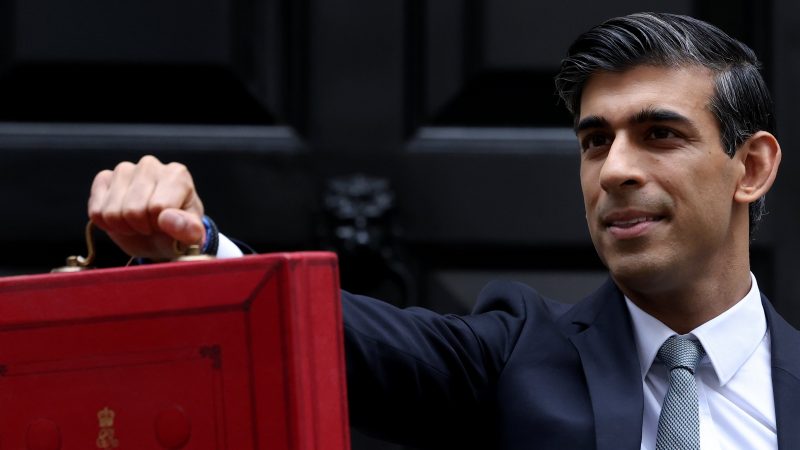
Is Rishi Sunak’s Budget and spending review today really designed to create an economy “fit for a new age of optimism”, as the Chancellor says? It is certainly being received by many as more of a ‘Boris Budget’, with a heavy dose of the Prime Minister’s trademark boosterism. The framing was more similar to Johnson’s conference speech than that of Sunak, who last month praised his austerity-imposing predecessors, although the Chancellor did manage to tell Tory backbenchers today: “My goal is to reduce taxes. By the end of this parliament, I want taxes to be going down, not up.”
What the Budget statement this afternoon did have in common with Sunak’s conference speech was little regard for the climate crisis. Searching for the words ‘climate’, ‘green’, ‘COP26’, ‘nature’, ‘carbon’ or ‘net zero’, and not one mention was found in Sunak’s address to his party in September. His latest offering did have a short section on net zero, but the measures announced were incompatible with the government’s aim to “keep 1.5 alive” at COP26. He revealed both that domestic flights will be subject to a new lower rate of air passenger duty from April 2023 and that the planned rise in fuel duty will be cancelled.
If not anyone hoping to be more positive about the UK’s ability to offer climate leadership ahead of COP26, who were the real winners of the Budget? Sunak is cutting the bank surcharge – the additional tax on banking profits – from 8% to 3%, and increasing the annual allowance from £25m to £100m. He is also making sparkling wines cheaper. That’s why Rachel Reeves said of the Budget: “at least the bankers on short-haul flights sipping Champagne will be cheering”.
Apart from alcohol duties, much of the Budget statement was dedicated to reversing some of the past decisions made by Tory Chancellors, including Sunak himself. This is why many reckon it stole Labour’s clothes. Sunak said he expected a return to a 0.7% foreign aid target in 2024-25: but this was a prediction based on forecasts, rather than a promise. More significantly, he changed the Universal Credit taper rate by 8%: but the UC cut hit six million families, whereas the taper rate cut will benefit 1.9 million households. According to Labour’s calculations:
- a lone parent with two kids working part-time on minimum wage is £631 worse-off over the next 18 months
- a single adult with no kids working full-time on average earnings is £407 worse-off over the next 18 months
Who has cause for optimism as a result of the 2021 autumn Budget? As the Institute for Fiscal Studies points out, a median earner will see their take-home pay fall in real terms. Meanwhile, the most vulnerable of all will not benefit from the Universal Credit taper rate change but will be affected by the cut. And although there was more money pledged for councils, and more than most expected for departments, it only goes part of the way (and a very small for most) towards reversing the impact of austerity over the last decade.
If this government’s narrative helps to shift the focus onto the state of our public services, and their actions do not match up to their rhetoric, Labour may not be in such a tricky political position after all. But it does mean working people pay the price for those choices in the meantime.




More from LabourList
‘Labour promised to make work pay. Now it must deliver for young people’
‘Council Tax shouldn’t punish those who have the least or those we owe the most’
Two-thirds of Labour members say government has made too many policy U-turns, poll reveals